This post has been obtained from an external source which does not permit its pages to be embedded here (at least Coco had not successfully found a way to do it), it has been necessary to take a suitably edited version of the original page to embed here. As a consequence updates made by the writer may not appear here. If you find anything that is different in a significant manner, please notify Coco using the comments section below. Thank you.
When the viola plays…
The orchestra detailed
Whilst we were away we attended a concert of operatic love songs given by a group of musicians consisting of flute, oboe, clarinet, string quartet, bass and piano/harpsichord.
There follows the descriptions in apposition and opposition of the various instruments of the chamber group in relation to each other and their conductor who performed for a gathered audience in an auditorium in Venice.
The three singers, soprano, tenor and baritone were superb actors and played their parts very well, even to the extent of moving stage furniture around themselves when appropriate. The instrumentalists also displayed much character – and many well known characteristics. We must start with the leader (first violin), and then work from left to right.
The leader was every bit a librarian as you would ever expect to see – pretty, wearing a bun and the mandatory round metal framed spectacles. She always looked as if there was something going wrong. Her sternness was only matched by the accuracy of her fingers. On the left was the flautist, she was totally absorbed in the sound of the ensemble all of the time. When she had to play she almost gave the impression of ‘Must I play, but if I do I might spoil this gorgeous sound’. Of course she never did spoil anything, and was completely rapt in the beauty of the ensemble as she played. Next to her was the oboist. He was completely wrapped up too in his own sounds. When he was not playing he looked as if he only wanted to show how much more remarkable an instrument the oboe was, and he as a musician who played the oboe was, than any of the rabble that surrounded him, He waited impatiently for the next opportunity to shine, which he did of course whenever he pressed his lips against the cane. To his right was the clarinettist. If it had not been for the fact that now and again his fingers moved, you would have had to conclude that he was dead. Apart from the sound that emanated from his bell there was no life in him. Passing by our leader we come to the second violin, and what a second! If it were not that the notes she produced were required to complete the harmony I don’t think she would have been missed. I shall come back to the violist. on whose right we have the ‘cellist, who did what all ‘cellists do, produced beautiful sounds and somehow managed to remember that he was not a soloist. Next we had the keyboard player, who appeared to have a crisis of identity, being asked to play both harpsichord and piano in the same concert rather stretched the poor man’s brain somewhat. On the right we have the bass, a dear player who played for all her worth, perhaps as if she were trying to carry all the weight of Mahler’s 8th on her bass line, but, if you please, these were operatic love songs.
I said I would come back to the violist, and it is really necessary to set the scene a little more first. One of the pieces played was Offenbach’s barcarolle without the singers. The three woods were to take the melody lines and the strings to provide a pizzicato accompaniment. All starts well, four strings in pizzicato mode and woods doing their best. But one string is missing, and this to my mind produced the sternest of stern looks from our librarian. The missing string comes in playing arco, very beautifully arco of course as you would expect, but nevertheless still definitely arco and not pizzicato. Well what would you do in that situation? The librarian is shooting daggers at you, but you are in the middle of a performance and to suddenly shift for no good reason from arco to pizzicato would have let the performance down, ie the audience would have known something was amiss. Surely the art of performance is to turn mistakes to advantage? Well she did what all good violists do, either she brazened it out as if she hadn’t any idea at all what was going on, or else, she had not even noticed the librarian’s look, and carried on regardless.
The librarian did smile once. The baritone decided, perhaps to provoke her, that she was the object of his affection during one of his arias, and the kiss on her hand at the end of the song brought a little curl to the lips.
As my wife said: Only the Italians could do it that way, everyone an actor true to character!
None of this has anything to do with Chopin’s op 37 nr 2, but I thought I would bore you all with it anyway. I have two editions of the Chopin, and concerning this nocturne they are slightly different. I have not entirely decided which one to go with yet, what you hear is where I am presently, so as you listen: Ὄσοι οὖν τέλει, τοῦτο φρονῶμεν· καὶ εἴ τι ἑτέρως φρονεῖτε, καὶ τοῦτο ὁ διδάσκαλος ὑμῖν ἀποκαλύψει· Παῦλος ἀπόστολος which paraphrased may mean: Think about it. And if you think differently, we’ll talk when we meet.
Dawkins
Disagreeing with Dawkins
This post has been obtained from an external source which does not permit its pages to be embedded here (at least Coco had not successfully found a way to do it), it has been necessary to take a suitably edited version of the original page to embed here. As a consequence updates made by the writer may not appear here. If you find anything that is different in a significant manner, please notify Coco using the comments section below. Thank you.
Another coffee?
How much is too much?
This post has been obtained from an external source which does not permit its pages to be embedded here (at least Coco has not successfully found a way to do it), it has been necessary to take a suitably edited version of the original page to embed here. As a consequence updates made by the writer may not appear here. If you find anything that is different in a significant manner, please notify Coco using the comments section below. Thank you.
David
It is with no little trepidation that I stand here, as I know I am among friends who knew David for longer and in a far more intimate way than I ever did. It was my privilege to meet him on only a few occasions but you had many dealings with him and I am sure you can, and would want to, tell me a thing or two about him.
However in those few times that we did meet it became quite clear to me that there were ways in which we were quite similar but also in those similarities quite different. You see there were things that we had in common with each other. So I want try to illustrate four things for us: his origin, his life, his change and his future.
Now as the very first thing of course you need to know is where he came from. You all know how forthright David was – he was never afraid to call a spade a spade. I would put that down to his origins.
And in imitation of him I shall be forthright also: David’s origins were in the promised land – that might explain something else I shall come to later – so I repeat: David’s origins, as everyone who was born there will understand, were in the promised land and so is his future. This is one of the things we had in common.
We were both Yorkshire born – and therefore as is well known about Yorkshire men, we have very deep pockets. So deep indeed that most of us cannot reach the bottom, but David had unusually long arms, and was generous in his spirit. So two Yorkshire men, but David had this over me, he was born in Zion, not one of the ridings of Yorkshire, but York itself. He was a Yorkshireman of Yorkshiremen. And you might add, and it showed!
Secondly in his life, he went to school in Harrogate, but being a bright pupil they sent him away for a better education elsewhere. He was trained as a proof reader – now part of my training involved proof reading as well. This is no mean task. It requires great care and concentration and a huge attention to detail. Now I was really only ever an amateur, and the proof reading we were taught to do was of a fairly rudimentary nature – enough for sets of company accounts. David’s work for the National Library for the Blind meant dealing with whole books – a monumental task.
Thirdly he also came from good socialist stock. For him that led to service as a councillor for Egremont for several years. He wished to serve his fellow men, and in this he is to be applauded. Another way in which this could be seen was in his love for Israel. That was a political love by the way. I know hardly anything about that so must say nothing more and not speculate on what it actually meant in practice.
Then fourthly a change came about in his life. As it did in mine. The change for me came at a rather younger age than for David, but it was just as radical for us both. Let me tell you more about this:
Now you know I was being a Yorkshireman when I said earlier that David had been born in Zion, but let me now be serious about it, and be an elder of the church in Putney. David was really born in Zion you know. And that we have in common too.
You may know the hymn better than the Psalm from which it comes:
Glorious things of thee are spoken, Zion city of our God!
He whose word cannot be broken formed thee for his own abode.
On the rock of ages founded, what can shake thy sure repose?
With salvation’s wall surrounded, thou may’st smile at all thy foes.
See the streams of living waters, springing from eternal love,
Well supply thy sons and daughters and all fear of want remove.
Blest inhabitants of Zion, washed in the Redeemer’s blood.
Saviour since of Zion’s city, I through grace a member am,
Let the world deride or pity, I will glory in thy name.
Fading is the wordling’s treasure, all his boasted pomp and show.
Solid joys and lasting treasure, none but Zion’s children know.
David lived for sixty years as an atheist. But he came to Pocklington Court. Here he met Maggie, and when he met her and she told him that she is a Christian his response had to be that her Christianity would do nothing for him. But slowly he saw what this really meant. He had lived a good life of service, but one day he asked the question, was it all for nothing?
He had lived 60 years of vanity. His atheism and his socialism did nothing for him. He saw that the treasures of this world are indeed fading. He began to see his need of a Saviour. He was a sinner, who stood condemned before God. But there was a Saviour, and his heart began to cry out for him. One day at a service in Putney Peter Bines was speaking and David’s questions about John’s gospel were answered. A few days later he asked for Ernie Heron, who was our LCMary at the time to visit him for a talk. Ernie only had half an hour to spare the next day, but Ernie found he had far more important work to do than that which he had otherwise planned. Here was a sinner, David, wanting to get right with God. They talked. They prayed. David’s heart was opened. Understanding came and before Ernie had left he became reconciled to God through the work of Jesus Christ on the cross. He became a believer. He became a Christian. He was born of Zion. He began to know solid joys and lasting treasure.
He was soon to be tested! He fell and broke his arm. But what a change there was. The old man who would have raged against this injury and inconvenience now accepted it humbly from the Lord. That is not to say that it was easy for him, but instead of anger there was acceptance.
This could also be seen in his future. He was not ready to retire, but there was the prospect of redundancy as his employer planned a merger with another organisation. Would there be room for him in the new one? Many would worry over this, and the old David would have done so, but again he saw the Lord’s hand at work and was able to rest in him, who knew what the outcome would be and look to the Lord to provide for the future. He was beginning to learn that the provision of God removes all fear of want.
Of course as this change was taking place in David, he and Maggie were getting to know each other and had found in each other companionship and mutual affection. You would have seen they way they pulled each others legs. They certainly did not pull any punches when it came to correcting each other. When David was converted, this could now be given much freedom of expression. Of course David was still a Yorkshireman, and as they are want to be quite blunt about matters, he got down on one knee and proposed to Maggie. Well, Maggie, typically in a fit of pique decided that if this Yorkshireman were daft enough to ask her, then he would just have to live with the consequences of her saying yes. And so they
were engaged.
Shortly after that David asked to be baptised. It was thrilling to hear from him how the Lord had worked in him and brought him from atheism to Christ. He was a changed man. We laid some plans for classes to consolidate his knowledge and understanding. But it was not to be.
Soon afterwards the Lord took David home. Maggie blessed the Lord, who gives and takes away. There was no baptism and no wedding. But David was at home in Zion with the Saviour whom he had come to know and love.
It is in Psalm 87 that we read: The LORD records as he registers the peoples: This one was born there [in Zion].
David was privileged to have been born a Yorkshireman of Yorkshiremen, but he was reborn of the Spirit of God through the work of Jesus Christ a child of Zion. His future is indeed in that land of glory which shall be revealed when Jesus himself returns for David and his people.
Andersen
Andersen![]() s Enron verdict quashed
s Enron verdict quashed
This post has been obtained from an external source which does not permit its pages to be embedded here (at least Coco has not successfully found a way to do it), it has been necessary to take a suitably edited version of the original page to embed here. As a consequence updates made by the writer may not appear here. If you find anything that is different in a significant manner, please notify Coco using the comments section below. Thank you.
BusTop

BusTop was first fashioned to adorn the streets of Middlesbrough town early in the twentieth century. Made of cast iron standing aloft on poles of pressed steel, they must have been welcome site to the many tourists who came to that town to admire them.
Their attraction for visitors rivalled that of the famed Transporter Bridge which was, rather sadly, ‘over the border’ and the beauteous attraction of Albert Park which stood alongside the once resplendent Dorman Museum.
Sadly BusTop was retired from service when the authorities thought that Middlesbrough no longer belonged to the North Riding. Of course we know otherwise.
Taking advantage of the disruption of its ancestral home BusTop has been travelling extensively bringing joy to whomever saw it in whatever place it may have been found. Its preferred location would still be on the corner of Oxford Road and Thornfield Road standing proudly ready to be admired by any weary traveller who happened to come by; and who knows, but if one day in the restoration of the ancient counties and towns of England the gracious blue poles will be returned to their rightful places and the people of the town will once more be able to look with pleasure whilst they wait forever at their very own BusTop.


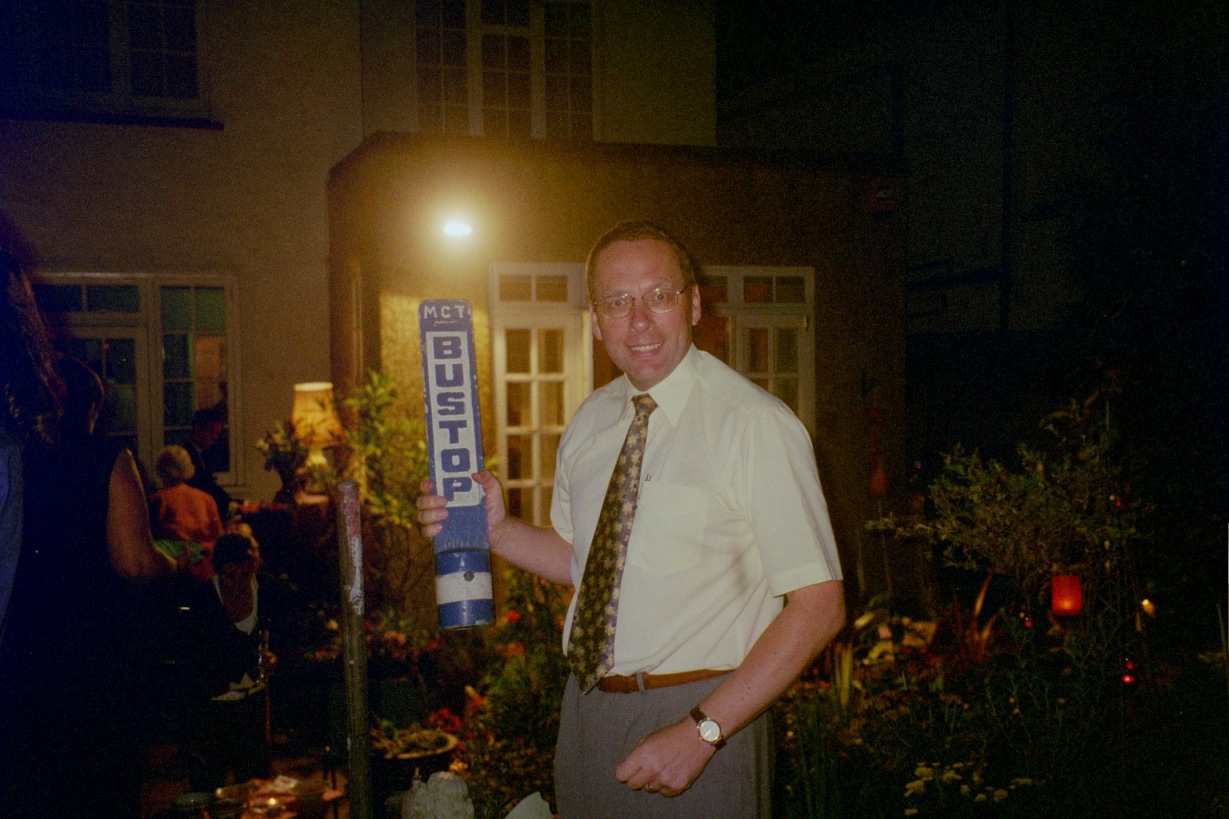
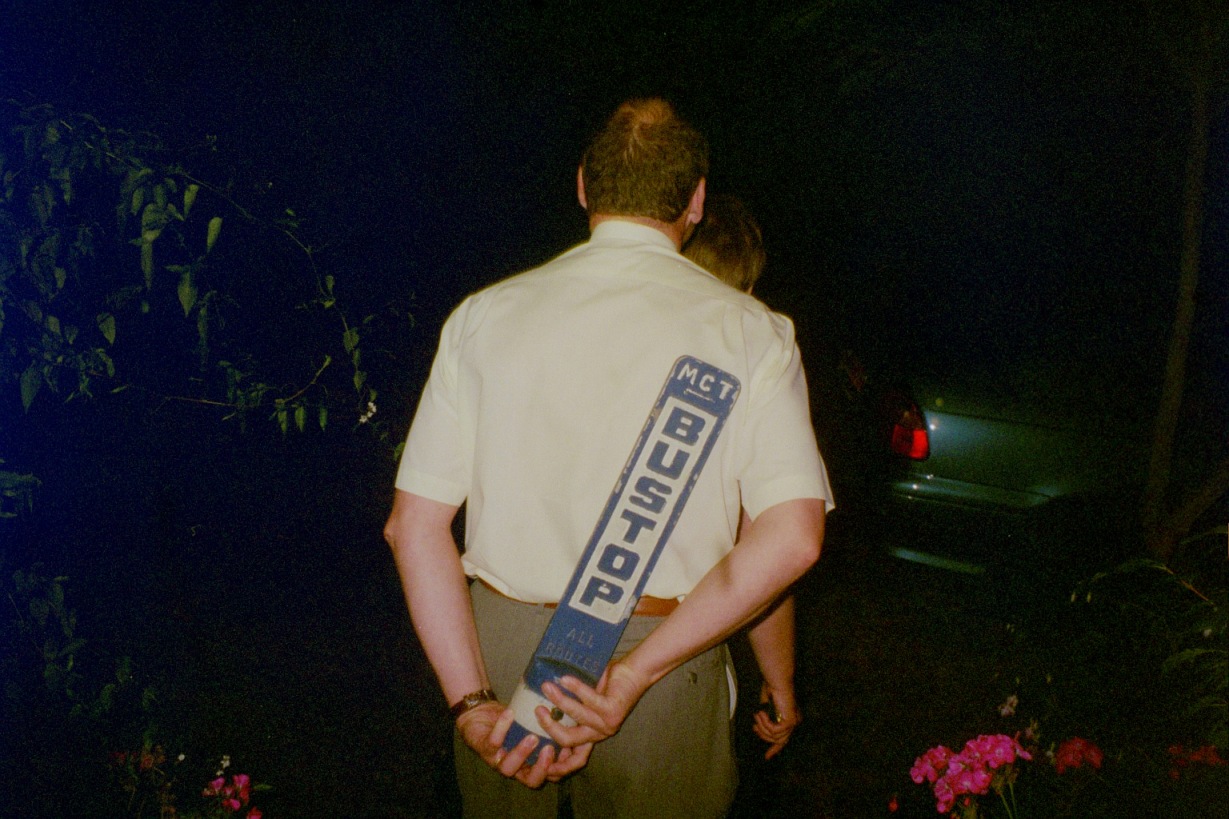


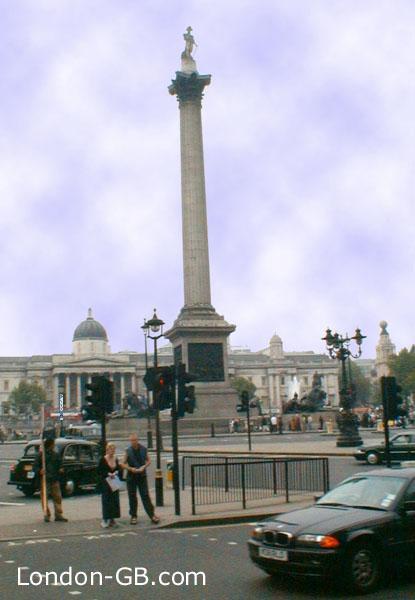
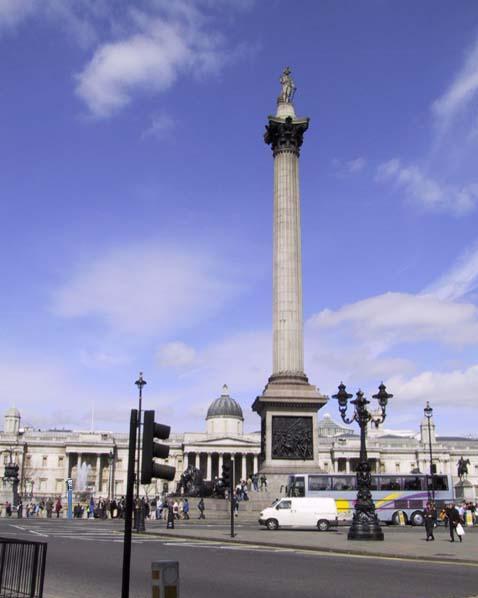
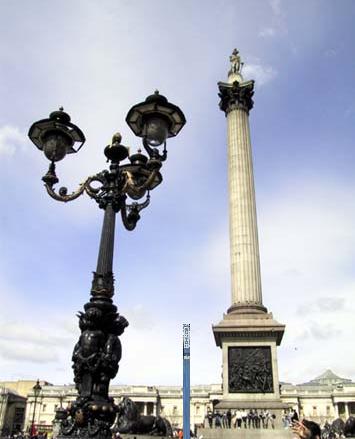
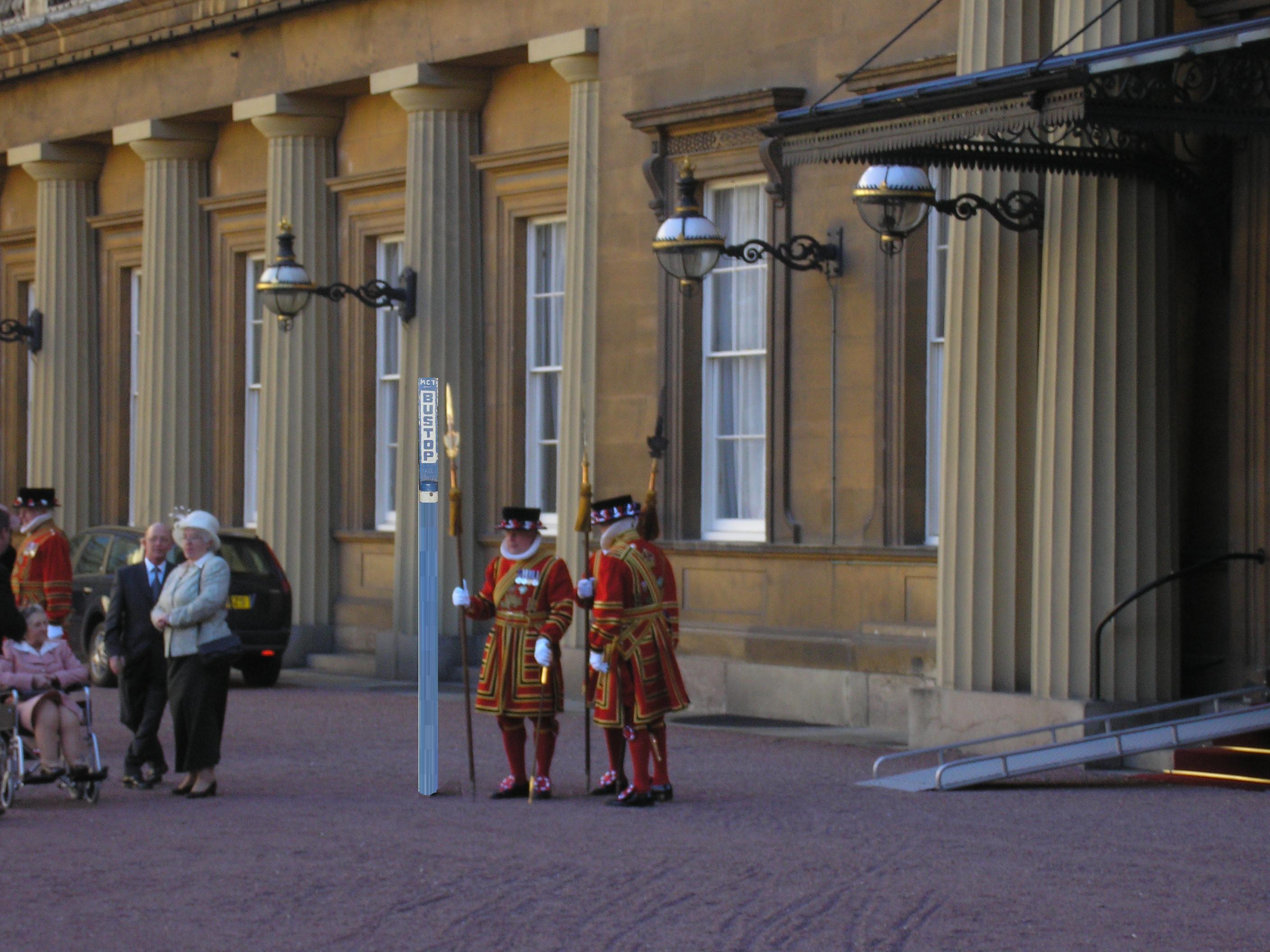
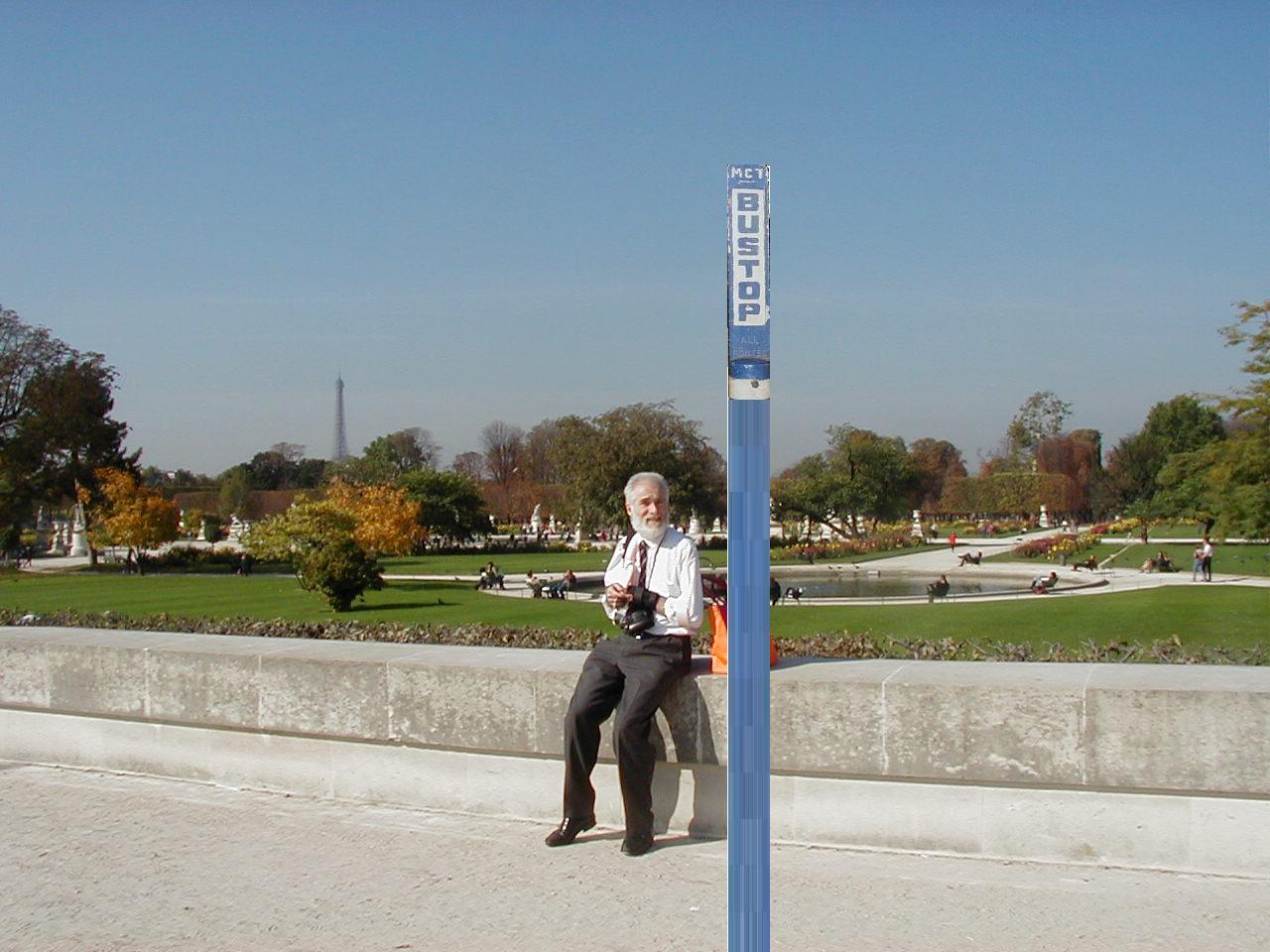
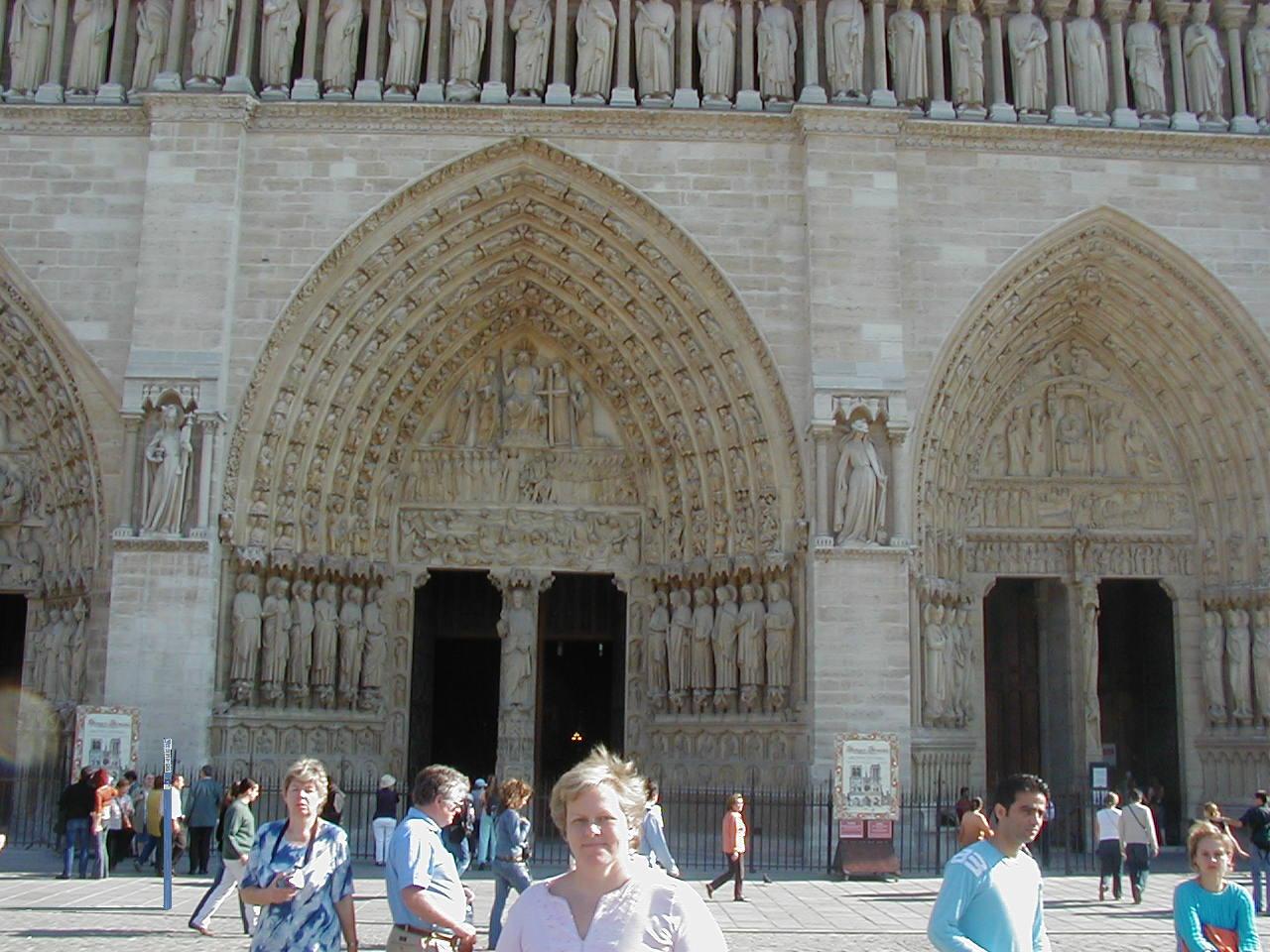
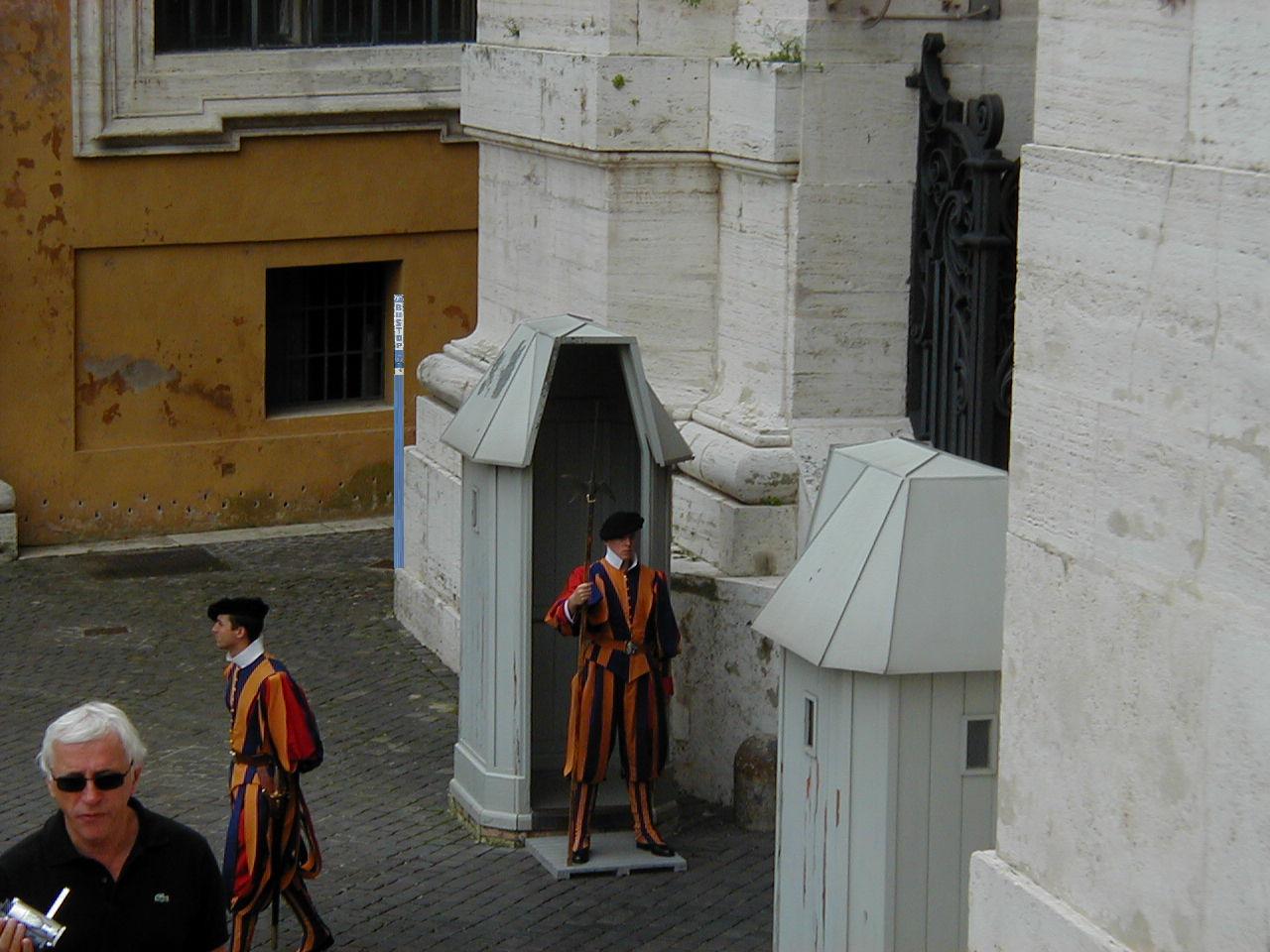
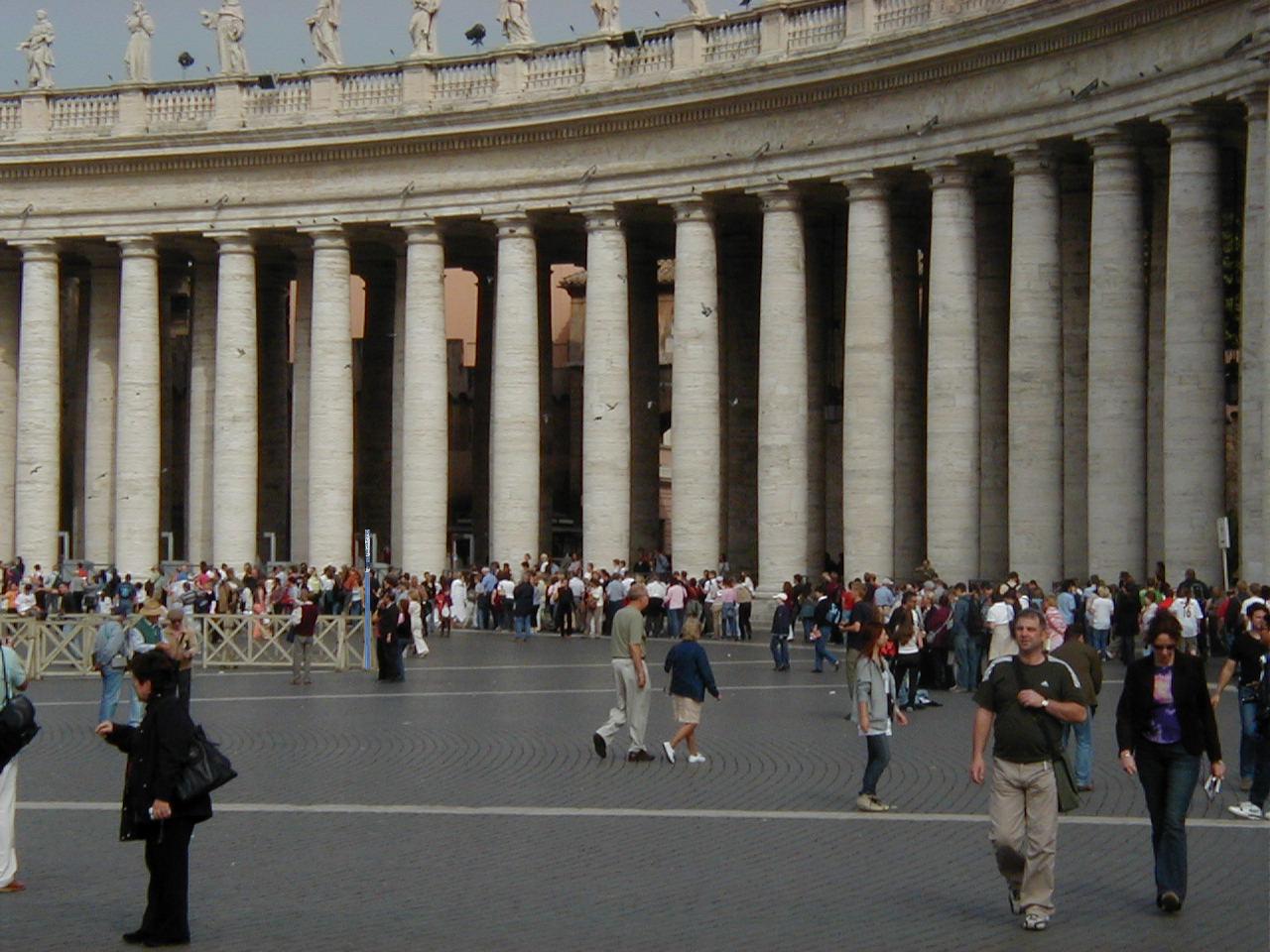
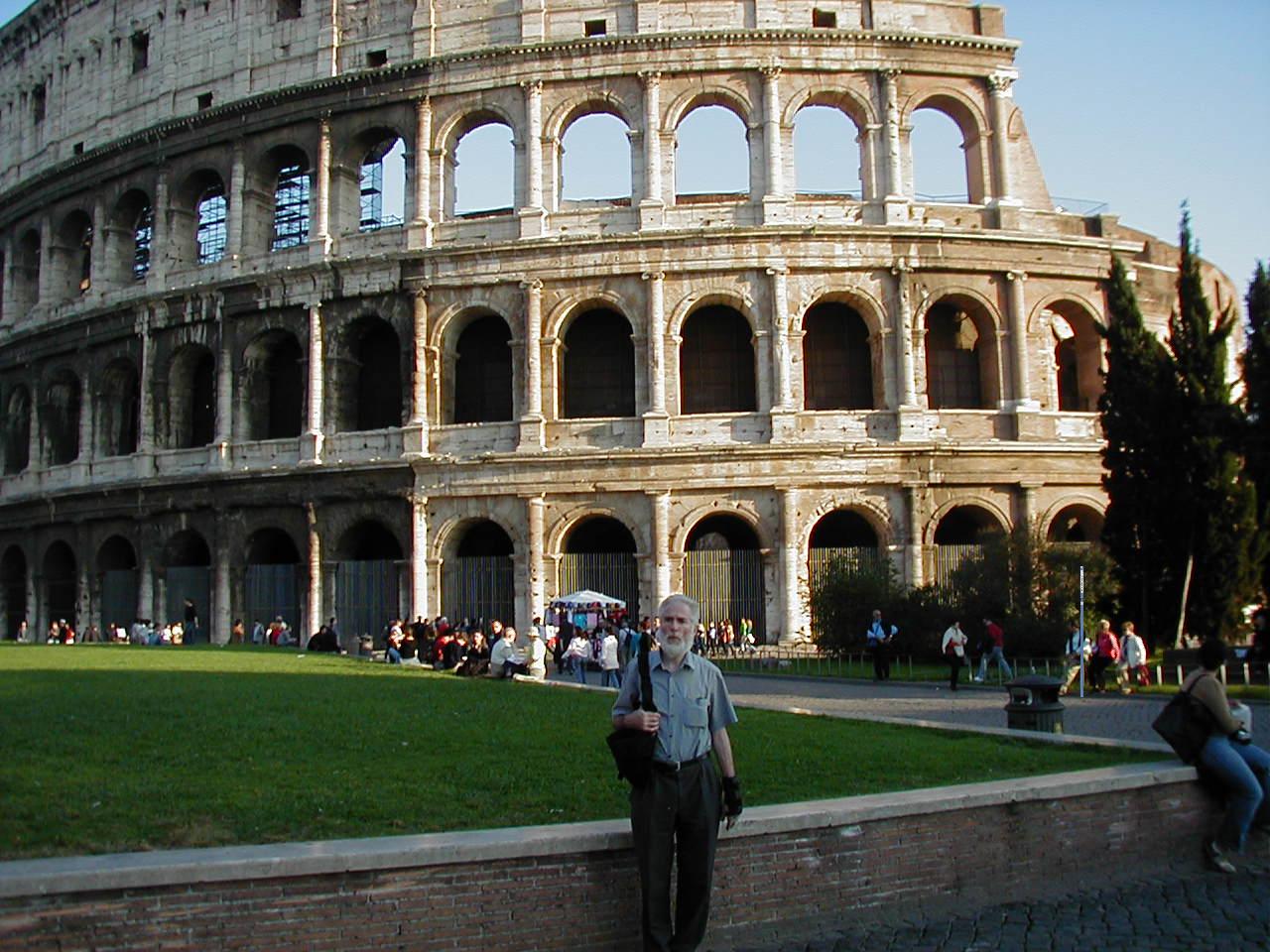


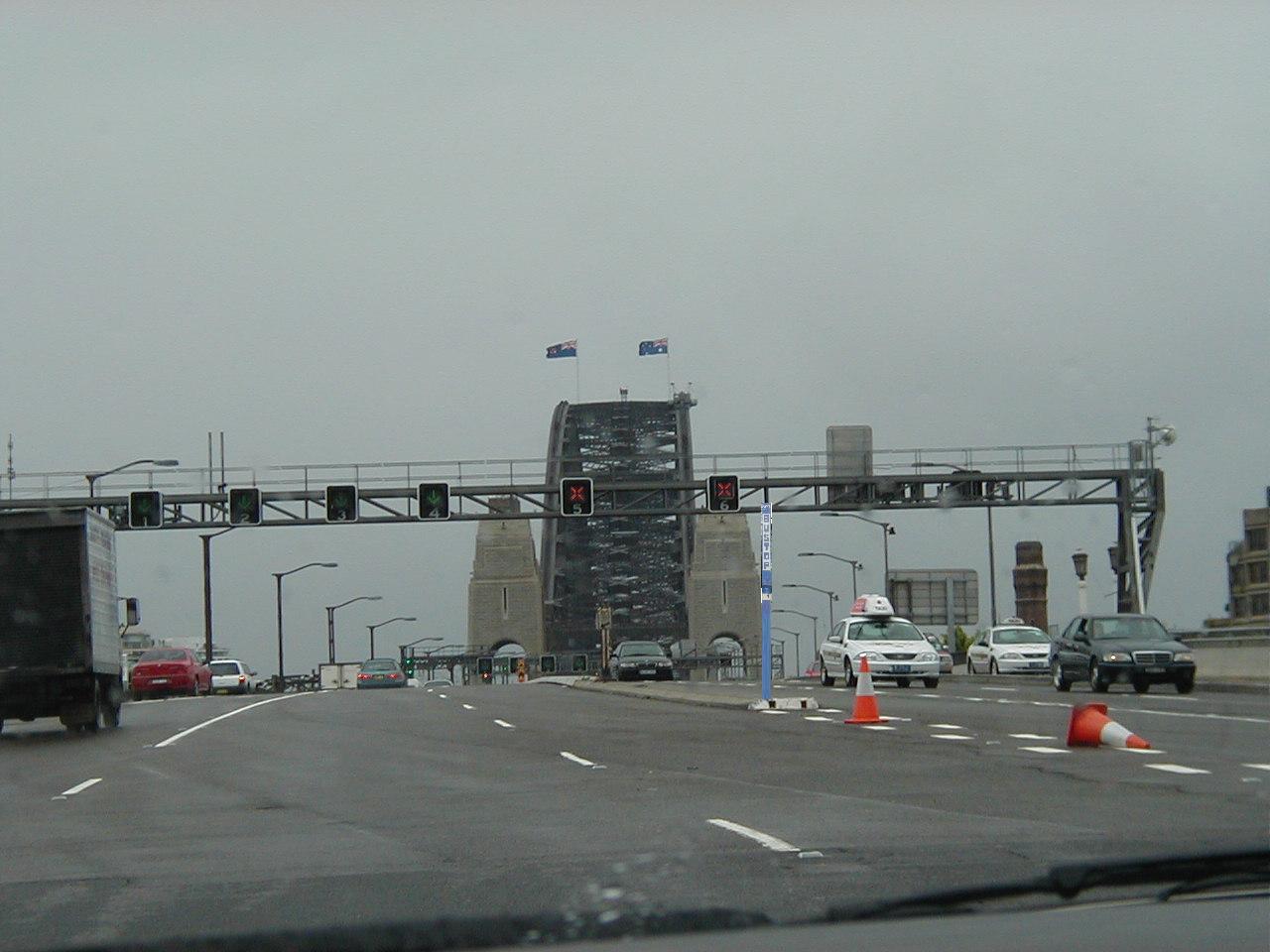


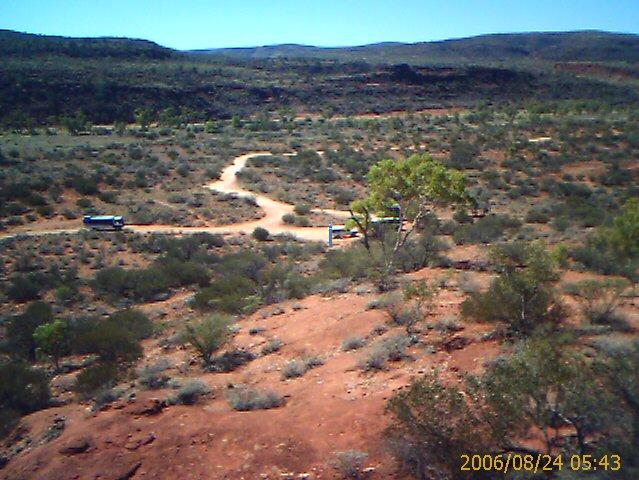
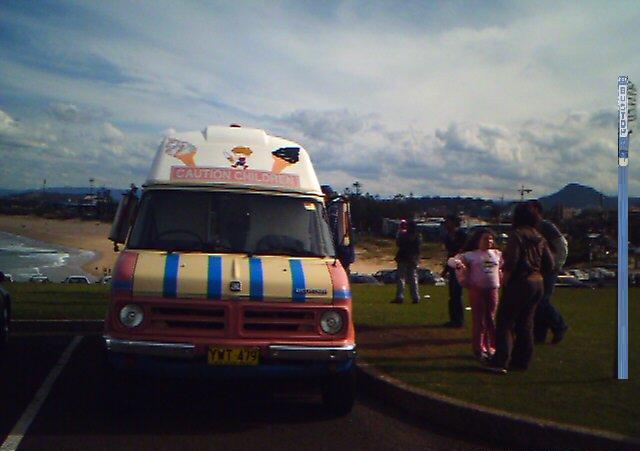



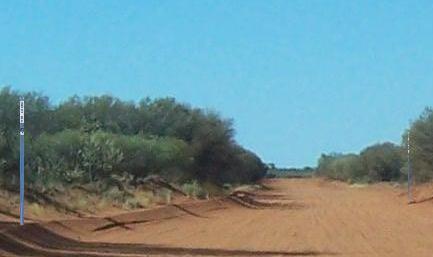
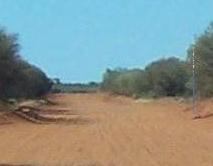




Eurovision
A million miles from Hackney – a surprising result until you hear….
More from Coco may be found here
This post has been obtained from an external source which does not permit its pages to be embedded here (at least Coco had not successfully found a way to do it), it has been necessary to take a suitably edited version of the original page to embed here. As a consequence updates made by the writer may not appear here. If you find anything that is different in a significant manner, please notify Coco using the comments section below. Thank you.
Andersen too
Coco has written only a small part of the content of this page.
He hopes by it to suggest an answer to the question that everyone is asking but afraid to voice:
Did it really happen?

On the day of the issue of the indictment Coco was monitoring the DoJ website for the press release, searching for Andersen took him to this press release: FBI Study. Interesting he thought, so he asked the DoJ by email whether a copy of the report were available. Do I need to mention that he has not had a reply? Perhaps his note had been shredded by a firewall somewhere. Now I wonder:
- What was it that changed their opinion of us?
- What stones did we turn over that would have been best left alone?
- On whose feet did we tread?
The apposition of these questions may lead you to think that there is some connection between them, but then if that were my suggestion Coco would be here to praise Cæsar not to bury him, would he not?
On Tuesday 31 May 2005 a verdict of not guilty of illegal shredding was returned by the Supreme Court of the USA.
The honour, but not the livelihoods, of the many who were affected has been restored.
Baptised
On 24 May, SOSylvia Osborne was baptised by immersion on confession of her faith in the Lord Jesus Christ.
On that occasion she was asked the following two questions which she answered in the affirmative:
Firstly, ‘Are you trusting the Lord Jesus Christ alone for your salvation?’
And secondly, ‘Do you promise, from this time forth, the Holy Spirit helping you, to strive to obey the Lord in all things?’
During the evening SO recounted the following as to how she had arrived at this decision:
Nearly five years ago my life changed completely. I had an accident and my injuries are permanent. I live on my own on the first floor. This is important as you will see later. About two years ago during Lent, I had a desire to worship the Lord our Father. So great was this desire that I knew I had to go to Church. The problem was this, I cannot walk very far. I used to look out of my window on a Sunday morning and see someone drive up to pick up a little old lady who must have been a neighbour. Feeling sure that she was being taken to Church I decided that the only option available to me was to run to the front door and ask if I could go with them. This presented me with several problems: because of the accident I could not run and going down stairs is a real problem.
- … I didn’t know what religion they were
- … would the car already be full?
- … and of course would I be welcome?
This left me with a feeling that I knew I would have to go out and find a Church for myself. Several weeks went by, then something incredible happened. Usually when my doorbell rings I do not answer it. One reason is because the stairs cause me a problem, secondly because it takes me so long that whoever is at the door gives up and goes away. However, on this very special occasion I did manage to answer the door, the visitor did wait and when I opened the door I met with EHErnie, the London City Missionary. He spoke about our Heavenly Father for a while on the doorstep but because I was beginning to feel achy and needed to sit down, I did something very stupid. I didn’t want EH to go in case he never came back again, so invited him up for a cup of coffee, but at no time did I feel threatened.
We talked for over an hour and then prayed. Before he left me he suggested that there might be a woman from the Church who could come and give me Bible Studies. I had no paper on which to write my telephone number, so I ended up writing it on a little scrap of an egg carton.
EH left, but a few weeks later I received a phone call from GEGill. Some may call it a coincidence but this was around the time of Pentecost. GE started to visit once a week, every week, and still does. Through these studies it became obvious to me that I needed a Saviour. It was during one of these visits that GE asked me if l felt ready to confess my sins and to accept Jesus Christ as my Saviour and Lord. I was ready and I prayed to the Lord, asking him to forgive me for my sins and make me his own.
That was about eighteen months ago, during which time I have been able to attend the Church services. I was immediately received with great love, for which I thank everyone. I have now come to the point in my love for Christ Jesus that I feel it is right to show my commitment to the Lord by being baptised as he has commanded. It was during the baptism of TSToni Smith that I decided to take this step of obedience. Since that time I have spent the intermediate months in preparing for today.
I greatly look forward to being a valued member of this Church.
SOSylvia Linda Osborne 8 November 1952 to 5 January 2000her families: Jennings and Osborne